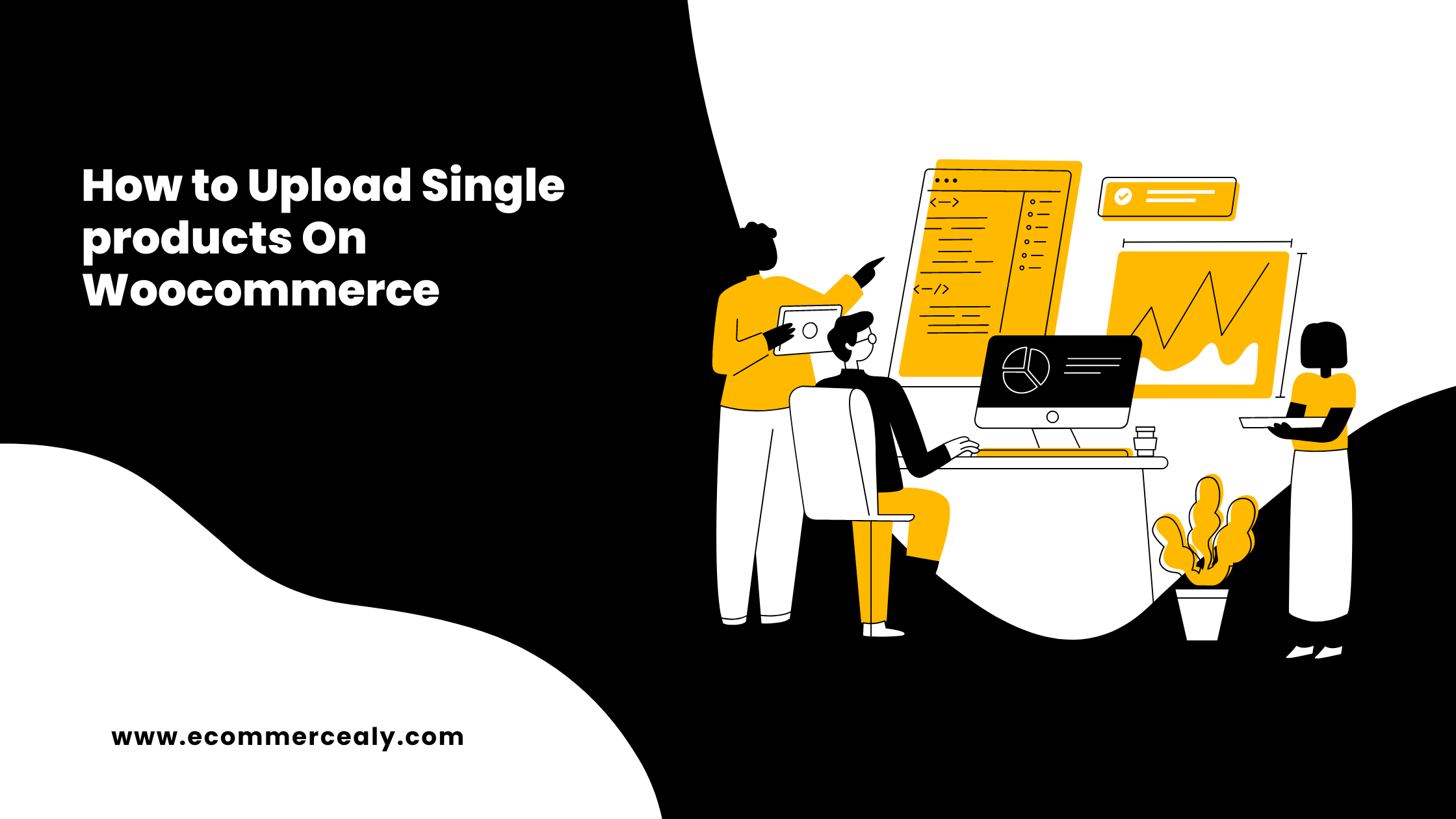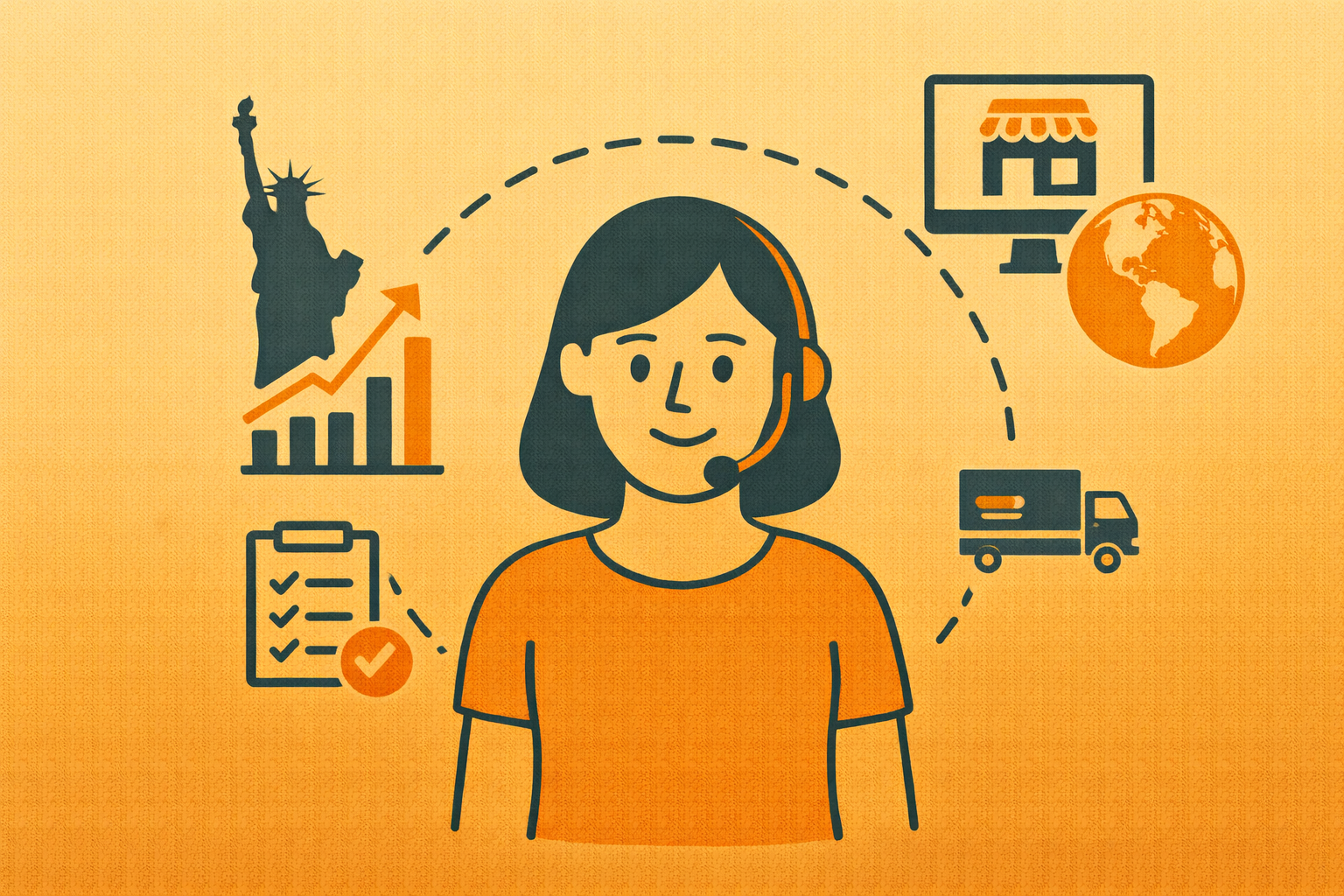The fashion industry has always been a dynamic, trend-driven field. However, with the rapid expansion of e-commerce in recent years, speed, efficiency, and scalability have become more important than just the newest trends in fashion. Virtual assistants are becoming a breakthrough solution for brands of all sizes as the fashion e-commerce industry grows more tech-driven and competitive. By 2026, using a virtual assistant to run an online store will be necessary rather than just a choice.
Here’s why virtual assistants are going to be the game-changer.
Fashion eCommerce Is Booming- and Getting More Complex.
By 2026, the global e-commerce market for fashion is expected to grow to a value of over $1 trillion. Customers expect flawless service, quick shipping, and a customized experience when they shop on platforms like Shopify, Amazon, Instagram, and Etsy. For fashion brands, this entails managing inventory, influencer outreach, social media marketing, order fulfillment, customer service, and product listings, or maybe all at once.
To handle everything internally is not only ineffective but also costly. eCommerce virtual assistant services can handle all tasks with ease.
5 Reasons Fashion Brands Will Rely On Virtual Assistants by 2026
I.Scaling Requires Delegation
As fashion brands expand, their founders are frequently stuck in routine administrative duties like responding to emails from customers, editing product images, and planning Instagram posts. Despite their importance, these tasks don’t generate income. Business owners can concentrate on strategy, brand partnerships, and growth by assigning them to a virtual assistant for ecommerce store operations.
II.Multichannel Management is the New Norm
Fashion e-commerce has made it commonplace to sell on several platforms, including Shopify, Amazon, eBay, and social commerce. However, every platform has unique procedures, guidelines, and performance indicators. E-commerce-focused virtual assistants can save time and reduce errors by managing listings, stock levels, pricing updates, and customer inquiries across all channels.
III.Consumer Expectations Are Sky-High
Consumers today demand real-time order updates, concise return policies, and prompt responses. To make sure that clients feel supported at every stage, e-commerce virtual assistants can manage live chat, email inquiries, and order tracking 24/7. Repeat business comes from satisfied customers.
IV.Content is King, and VAs Create It Consistently
Regular content creation is essential for curating lookbooks, creating product descriptions, repurposing social media content, and uploading new arrivals. A proficient virtual assistant for e-commerce can oversee this content calendar, maintain the freshness of your feed, and guarantee that every product page is optimized for search engines and conversions.
V.Hiring In-house is Getting Costlier
Brands are rethinking traditional hiring practices in light of increasing labor costs and the continuous trend toward remote work. Virtual assistants provide a more flexible and affordable option. Depending on your needs and budget, you can hire them on a project-by-project, full-time, or part-time basis.
Real Tasks a Fashion Commerce Virtual Assistant Can Handle
Are you still unsure of what a virtual assistant can accomplish for your clothing store? Here’s a brief overview:
I.Product management: It includes adding new SKUs, tagging products, creating descriptions, and updating stock levels and prices.
II.Customer service: Managing live chat, responding to emails, and managing refunds and returns.
III.Social media: Planning content, responding to direct messages, interacting with followers, and holding contests.
IV.Order management: tracking information updates, supplier coordination, and order monitoring.
V.Influencer outreach: Sending samples, tracking affiliate codes, and gathering user-generated content.
VI.Analytics & Reports: Tracking sales data, competitor research, conversion insights
When you have the right support, none of these tasks—despite their critical nature—need your direct attention.
The Race of 2026: Don’t Get Left Behind
Successful fashion e-commerce operations by 2026 will be characterized by delegation and automation. Companies that don’t streamline will lag. Businesses that use lean, intelligent teams with the help of tech tools and virtual assistants will be successful in the future. Employing a virtual assistant for an ecommerce store will help you stay competitive in addition to saving time.
Fashion entrepreneurs are already finding vetted VAs with specialized training in e-commerce workflows thanks to platforms like Ecommerce Ally. Even lone brand owners can manage multi-platform fashion empires if they have access to talent that knows everything from influencer marketing to inventory synchronization.
The fashion industry never slows down, and your company shouldn’t either. Employing an ecommerce virtual assistant is an investment in expansion, adaptability, and future-readiness rather than merely outsourcing work. By 2026, it will be impossible to avoid incorporating ecommerce virtual assistant services into your business operations, regardless of whether you are a boutique fashion label or a new direct-to-consumer brand.
Don’t wait for the future to catch up. With the correct virtual assistant by your side, you can begin optimizing your fashion e-commerce store right now.
FAQs
I.How much does it cost to hire a virtual assistant?
Hiring a virtual assistant can cost anywhere from $5 to $100 or more per hour, depending on your need. The VA’s location, task complexity, and experience all affect the cost. While seasoned professionals with specialized skills can command rates of $50-$100 or more per hour.
II.What specific tasks can an e-commerce VA handle?
Although an eCommerce virtual assistant can manage and optimize an online store, they are capable of handling a variety of tasks, including customer service, order processing, inventory control, product listing, and website upkeep. They can also help with data entry, marketing, and social media management.
III.What does a fashion e-commerce assistant do?
A fashion e-commerce assistant helps with a variety of tasks to support online fashion sales operations. These include tracking sales performance, processing orders, managing product data, improving website content, and responding to customer inquiries. They might also help with website upkeep, product launches, and marketing campaigns.
IV.What is the best fashion e-commerce platform?
Shopify is a formidable competitor for US-based fashion e-commerce, hailed for its robust app ecosystem, extensive customization options, and user-friendly interface. It provides tools for effectively creating and running online stores, making it suitable for companies of all sizes, from startups to well-known brands.
Lorem ipsum dolor sit amet, consectetur adipiscing elit. Ut elit tellus, luctus nec ullamcorper mattis, pulvinar dapibus leo.








